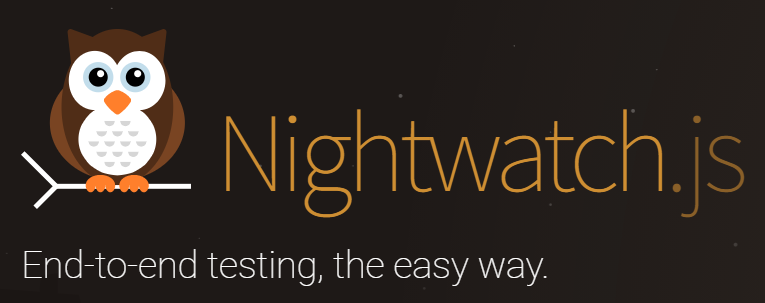The first month of 2023 has already ended and we are excited to share the new updates and features that we implemented in Loadero over the past month and some of the fixes we made during that time. If you are using Loadero to test WebRTC solutions, make sure to read the section about updates for WebRTC metrics gathering, it also has information about important upcoming changes.
Nightwatch.js version 2.5.2.

Our team and many of our customers use Javascript for the automation test scripts. Loadero uses Nightwatch.js, a very powerful and feature-rich web UI automation framework for Javascript. Recently we updated Loadero to use Nightwatch version 2.5.2. If you are also using Javascript + Nightwatch for your Loadero tests, it might be worth looking into what changes the version update brings to use the features that are available now.
WebRTC metrics gathering

Loadero is used a lot for testing WebRTC solutions that involve video communication and our team is constantly working on more features for this type of testing. Last month we added a `statsType` field to the WebRTC dumps we are collecting. The field corresponds to the RTCStatsType enum. You can read more about the field in the World Wide Web Consortium’s documentation for WebRTC stats, it is a very valuable resource to understand other WebRTC stats too and we highly recommend it.
DEPRECATION WARNING: According to https://w3c.github.io/webrtc-pc/#dom-rtcstats-id the ID field for RTC stats should not be predictable. Currently, the stats names used by Loadero are predictable, they can be generated from a combination of other fields. To move towards compliance we will be making these IDs unpredictable and changing them from the current format (for example, RTCOutboundRTPAudioStream_4444) to an unpredictable name. The member field which follows the last hyphen will remain as it currently is.
UPCOMING CHANGES WARNING: We are about to make some updates and change our WebRTC stat collection engine soon. This update may cause some changes in the formatting of the WebRTC dump, as well as changes in the consumed RAM measurements during the tests due to stat calculations not being made on the participant instance anymore.
A new blog post about monitoring WebRTC applications

Customers ask our team to create a monitoring setup to regularly check an application’s performance quite often. In many cases, such requests come from WebRTC video communication solutions providers, as the competition in this market is very high, and making sure the application works fine is very important. Setting up such monitoring is quite a complex task, and in order to help engineers realize this we’ve published a blog post explaining how to create a monitoring setup to check WebRTC performance metrics automatically on a schedule and send notifications if any performance issues appear.
A similar approach can be used to regularly monitor the performance of other software solutions too, so if you don’t have an automated monitoring setup yet, this new blog post is a great starting point to explore ways of setting it up.
Browser versions update

We added the latest versions of Google Chrome and Mozilla Firefox browsers available to be configured for Loadero’s test participants. Currently Firefox 109 and Chrome 109 are available along with 4 previous versions of each of the browsers.
Besides the mentioned above some other small changes took place recently, such as the project settings details tab update, and a change of in-project navigation layout. We’re working on a big update of Loadero’s UI and plan to release it soon, stay tuned to be among the first to check it out.





